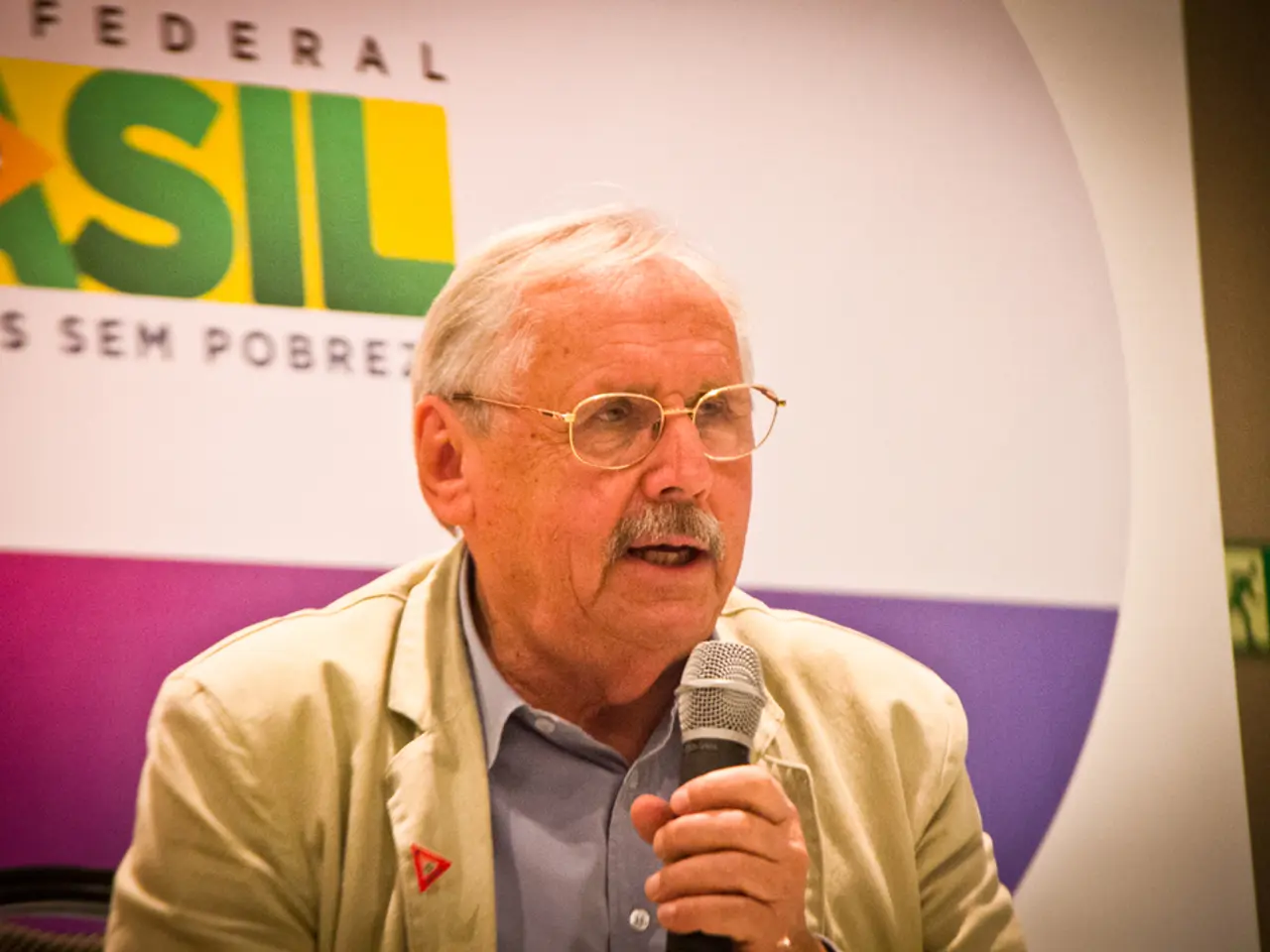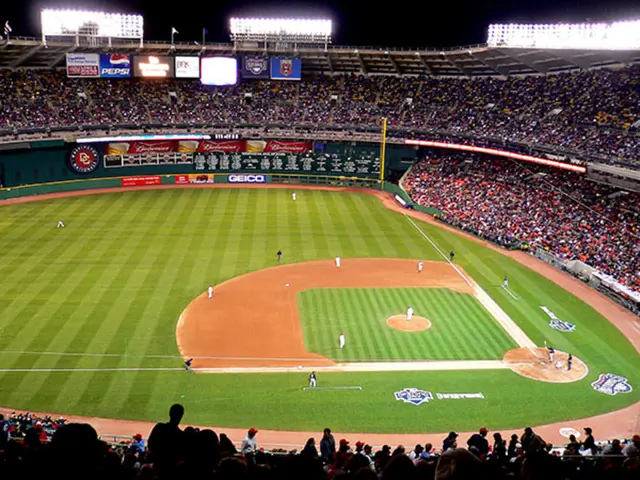Trump exercises authority over law enforcement in Washington D.C., intends to mobilize the National Guard within the country's capital
In a notable move during his presidency, Donald Trump invoked Section 740 of the DC Home Rule Act to place local police under federal control, aiming to manage crime in the capital [4]. This decision was part of a broader expansion of federal power, including politicized law enforcement actions [1].
Washington D.C., as a federal district without full statehood, remains under Congress’s ultimate authority. Trump, who opposed D.C. statehood, exercised powers that underscored federal supremacy over local decisions [3]. This intervention marked a significant assertion of federal authority over local governance, effectively reducing D.C.’s autonomy in policing.
The federal intervention occurred against a backdrop of rising crime and homelessness in the city. While explicit details about homelessness management under this intervention were not found, Trump's emphasis on law-and-order policies was evident [1]. He publicly stated that he would take federal control of Washington, D.C., if the city did not address crime and homelessness quickly [5].
Locals and tourists expressed confusion about the presence of uniformed federal officers patrolling the streets, and some, like Mayor Muriel Bowser, questioned Trump's motives [6]. Greg Evans, a resident living in a tent camp, feared potential displacement from his homeless encampment near the Lincoln Memorial [7].
However, it's important to note that violent crime plunged to a 30-year low last year, with homicides, robberies, armed carjackings, and assaults with a dangerous weapon all seeing significant decreases compared to 2023 levels [8]. The Justice Department announced that Washington had the fewest assaults with dangerous weapons and burglaries in over 30 years [9].
Trump suggested purging homeless people from Washington, D.C., would be part of a wider effort to beautify the capital [10]. However, the immediate impact of his actions on Sunday appeared less sweeping and dramatic than his social media posts suggested [11].
Despite the tensions, Mayor Bowser mentioned that she will continue working with Trump's team on high-priority issues [12]. George Morgan, a resident living in the same tent camp, disagreed with Trump's rhetoric and believed the U.S. should prioritize helping people in need of housing and healthcare [2].
In conclusion, the federal intervention in Washington D.C. under President Trump represented a significant federal assertion over local governance, effectively reducing D.C.’s autonomy in policing. This intervention fits into a pattern of increased federal involvement in local matters, particularly in politically sensitive areas like the district. The ongoing federal control continues to be a point of contention regarding crime, homelessness policy, and policing in Washington D.C.
- The federal control over Washington D.C.'s local police, as part of Donald Trump's presidency, raises questions about ESG (Environmental, Social, and Governance) practices, as it seems to disregard the social well-being and healthcare of its citizens, particularly the homeless population.
- Amidst the debate over federal control in Washington D.C., the issue of wealth distribution also surfaces, as critics argue that Trump's policies may be prioritizing Defi (Decentralized Finance) and capital accrual over the needs of the city's residents.
- The politicization of law enforcement actions under Trump's administration, coupled with his emphasis on law-and-order policies, has raised concerns about war-and-conflicts, as some fear these tactics could escalate tension within the city and divert resources from addressing more pressing local issues.
- The general news coverage on the federal intervention in Washington D.C. has also highlighted instances of crime-and-justice, as some residents, like Greg Evans, express fears of potential displacement and increased police presence, triggering discussions about civil liberties and justice in the city.






